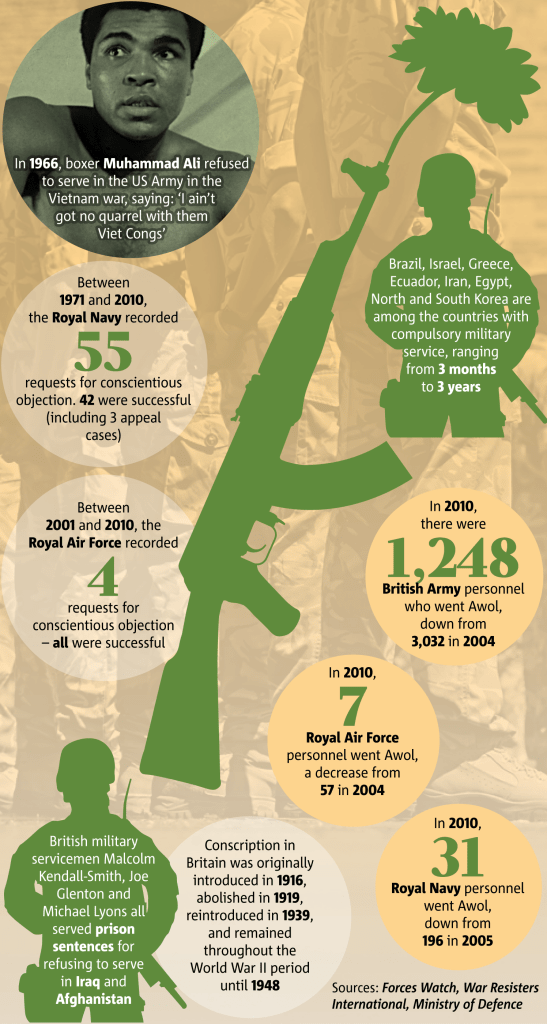Three Days on the Western Front: A student’s experience of a school trip to the First World War battlefields
An account of a school trip in 2015 to the First World War battlefields by Joe Brydon, who was in Year 13 at the time. It raises various important questions about some of the ways that school students are being encouraged to remember war.
Monday 29th June 2015
Our first meeting with the tour guide, an ex-police officer, summarised fairly well the tone of my school’s trip in June 2015 to some of the First World War battlefields. “Remember,” she instructed us, “every time we take a photo we want smiles because they died so we could have freedom.” Nothing about capital and empire for the moment, but that would be too historically accurate, as she explained; by focussing on individuals, it becomes “less of a history lesson and more interesting really.”
The particular individual on the DVD we were shown was a man called Horace, whom she claimed “serves his country today, just as he did all those years ago by fighting and dying for it,” before immediately contradicting herself with the afterthought “all we really hope for is peace.” Horace, we heard, always wanted to be in the army.… Read more

